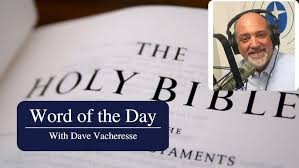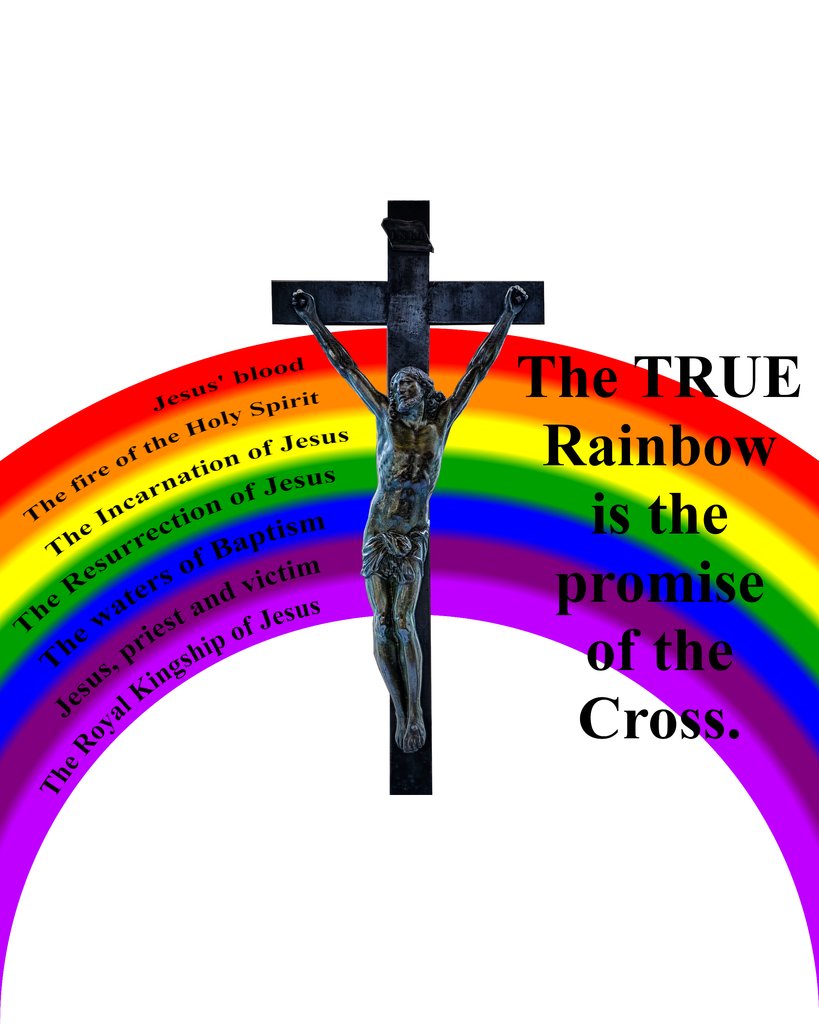What Would We Do Without Experts?
Elizabeth Harrington is the education officer with the Brisbane archdiocesan Liturgical Commission and she has something to say to all you amateurs. Shut up and Keep Away.
SOMETIMES it seems that everyone is an expert on liturgy and that personal preference carries more weight than the considered judgement of someone with years of study and experience in the field.
The self-proclaimed liturgy “experts” will often quote liturgical law to prove their point.
Yes. Yes. But I also know that it was ‘experts’ with ‘years of study and experience in the field’ that have gotten us into the mess that we currently find ourselves. It has been the ‘rebellion of love’ conducted by these amateurs that has perhaps turned the tide. It is the fact that the tide may be turning that so annoys the experts. Ms. Harrington has some more advice for you:
The correct approach to understanding and interpreting such documents involves:
* Reading them with an open mind to discover what they are really saying and not relying on media reports or hearsay. [I know that here in the blogoshpere, we are all about the documents. The motu propio is a perfect example]
* Looking at the overall thrust rather than zeroing in on selective bits that support one’s particular “hobby horse”. [Yes, yes, of course. Let’s worry about the spirit of the document rather than what it actually says. Where have I heard this before?]
* Putting them in the context of other liturgical and Church instructions rather than treating them in isolation. [True] For example, liturgy documents must always be viewed through the lens of those liturgical principals so strongly espoused in the Constitution on the Sacred Liturgy from Vatican II.[The problem is that the experts take parts of the constitution and read them in isolation and often misinterpret them. Full and active participation, anyone? So maybe it is not just the amateurs]
* Waiting for directives from the diocesan bishop or liturgy office before acting, or expecting others to act, upon new directives. Interpreting and implementing documents require the expertise of those with authority and training in theology, liturgy and canon law. [Yes, we should give the experts an opportunity to dissemble and ignore the clear directives. Only those with training know how to get around the clear language of the documents.]
* Considering who the document is written for and directed at. Confusion and hurt sometimes arise when documents intended for the guidance of diocesan bishops, not for the general public, are widely circulated. [In other words, these documents are above your pay grade and you have no right to know what they say. Clearly, some documents are meant for the Bishop, but the general public is involved. Take Ecclesia Dei for example. That document was directed at the Bishop. It called for the Bishop to be ‘wide and generous’ in his application. Didn’t the public have a right to know that? To expect that their bishops to actually be generous?]
* Using common sense when it comes to expecting instant compliance. [Yes, we should always be kind, patient, and reasonable. But we should still expect compliance.]
* Keeping fully informed about the issues by reading Catholic papers and liturgy journals. [Liturgy Journals? Don’t get me started.]
The whole thing just smacks of elitism. You amateurs cannot possibly understand the plain language of these documents, so butt out. Liturgy experts have led us to the edge of the precipice. Now, they are annoyed that we may be waking up and turning around rather than following them like lemmings off the edge of the cliff.
What would we do without experts?







